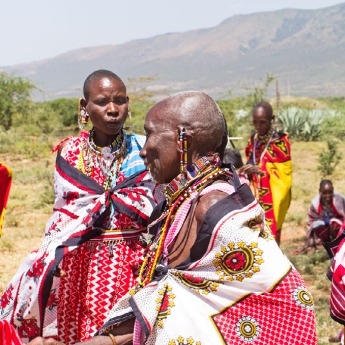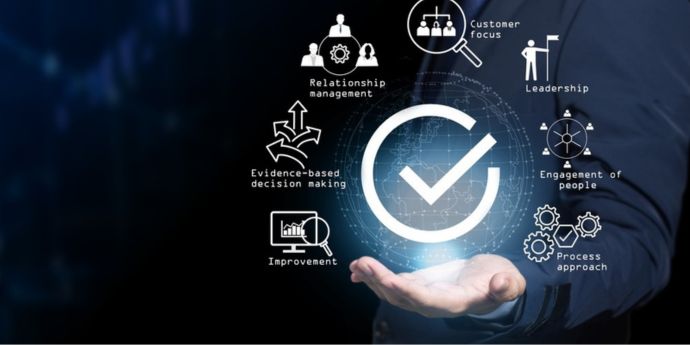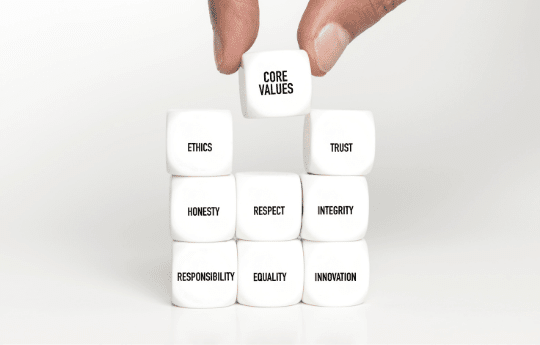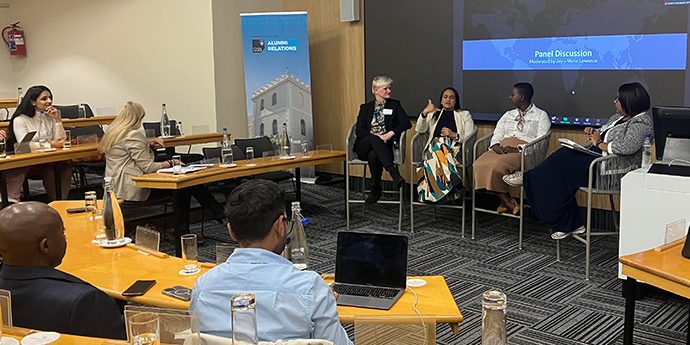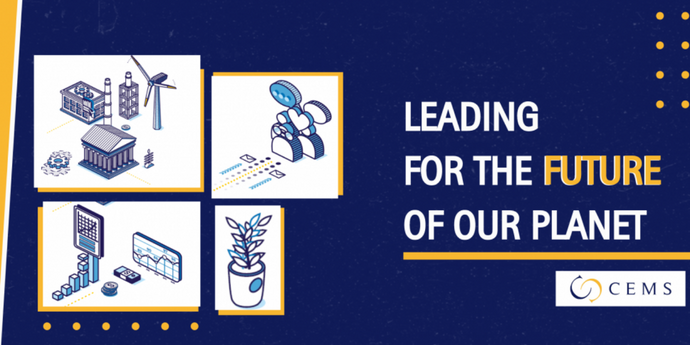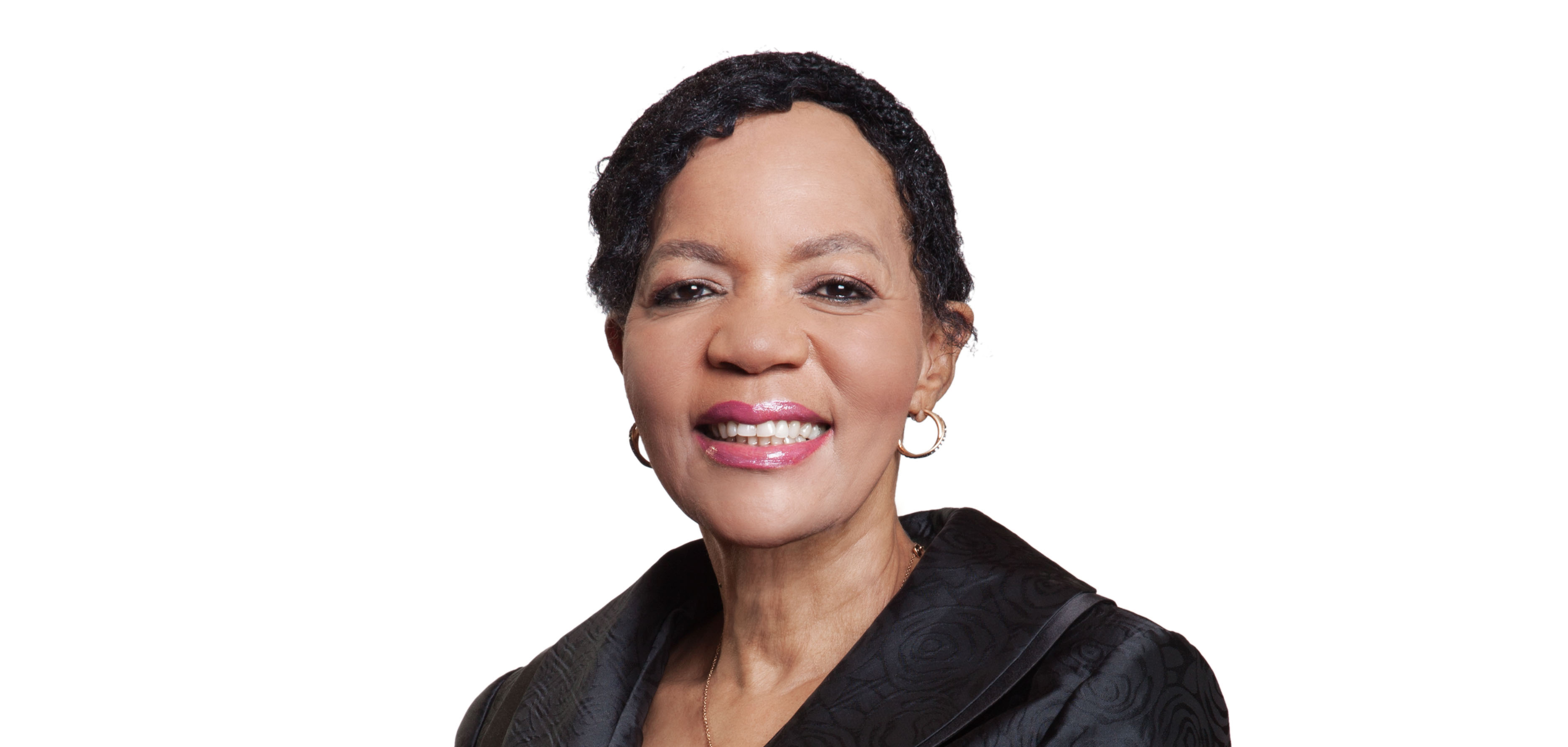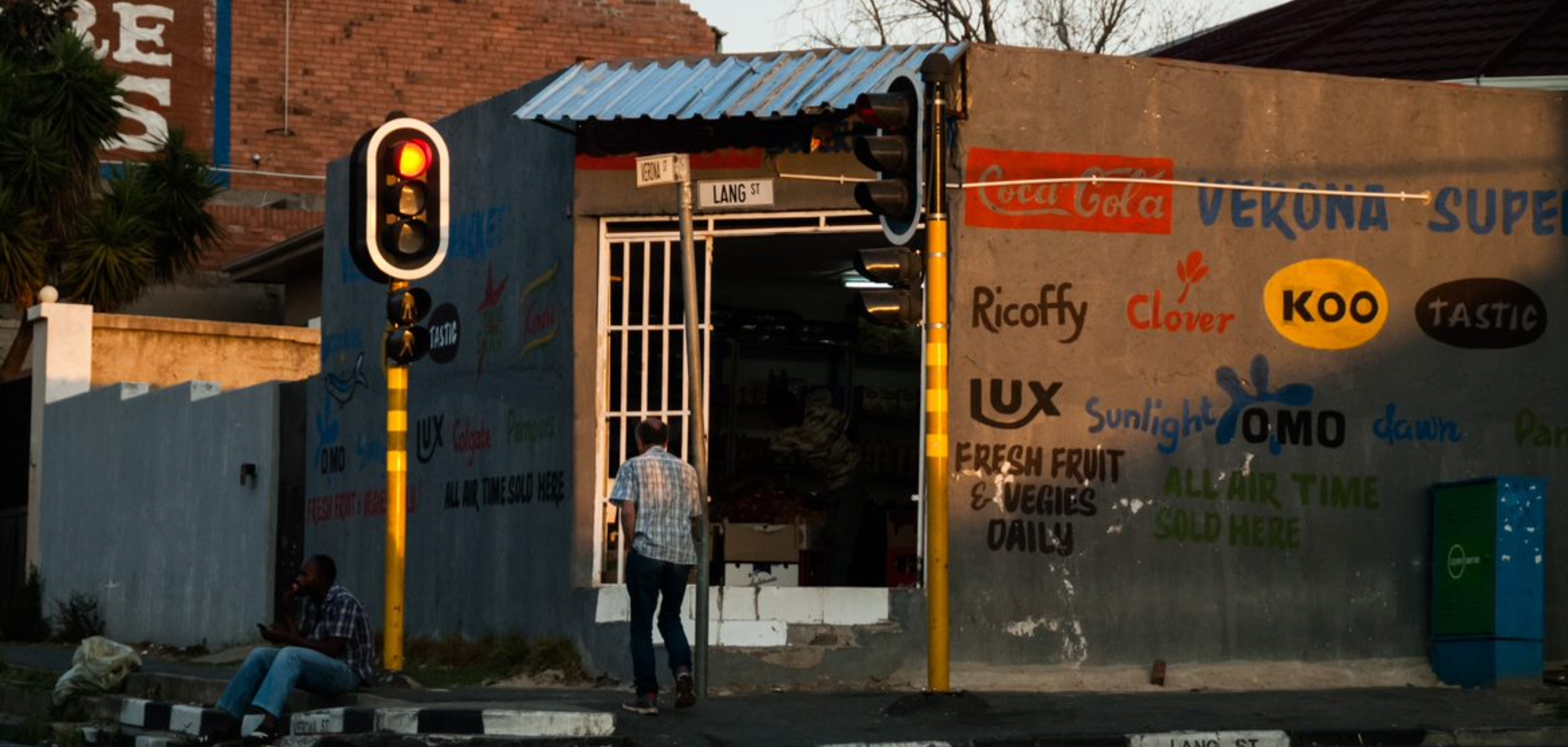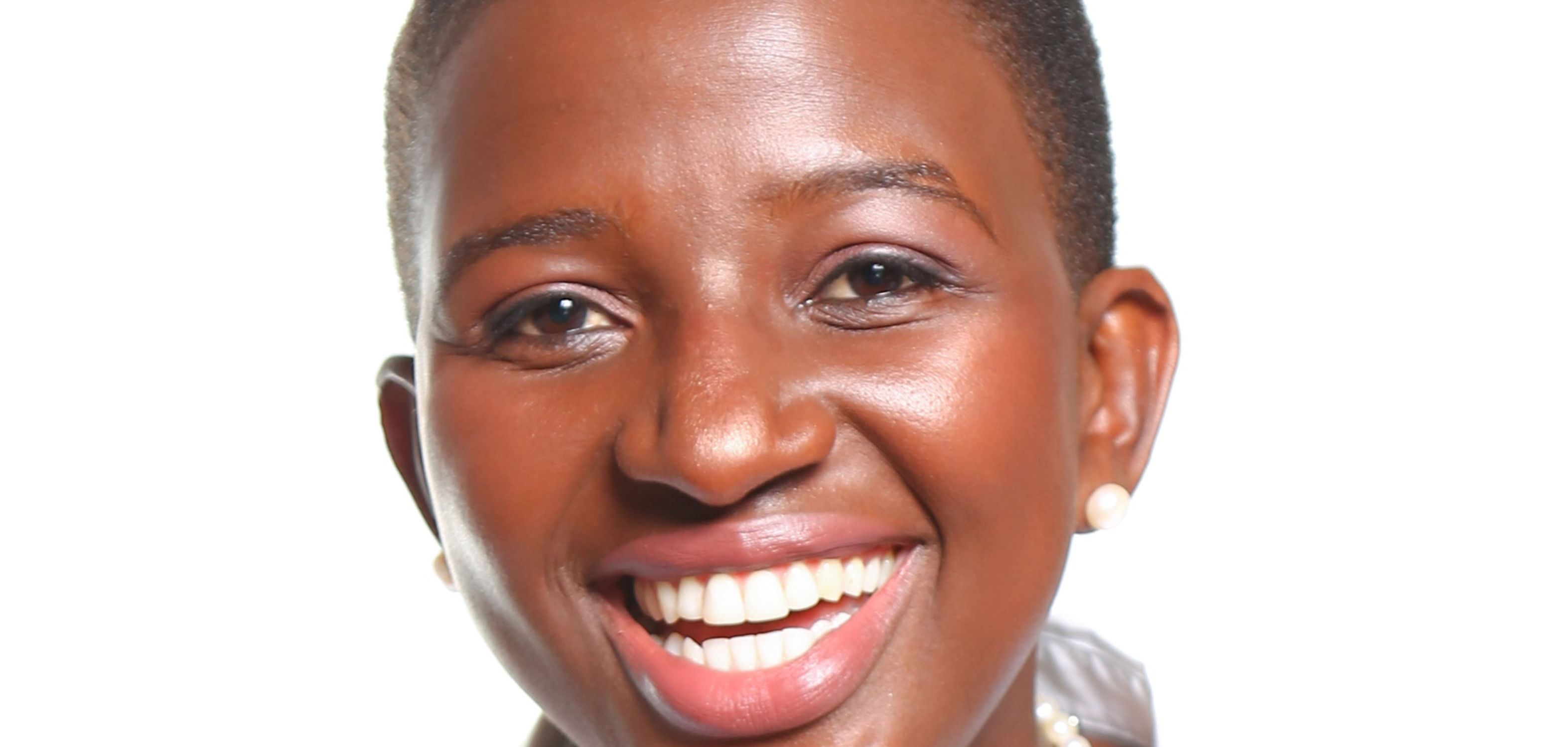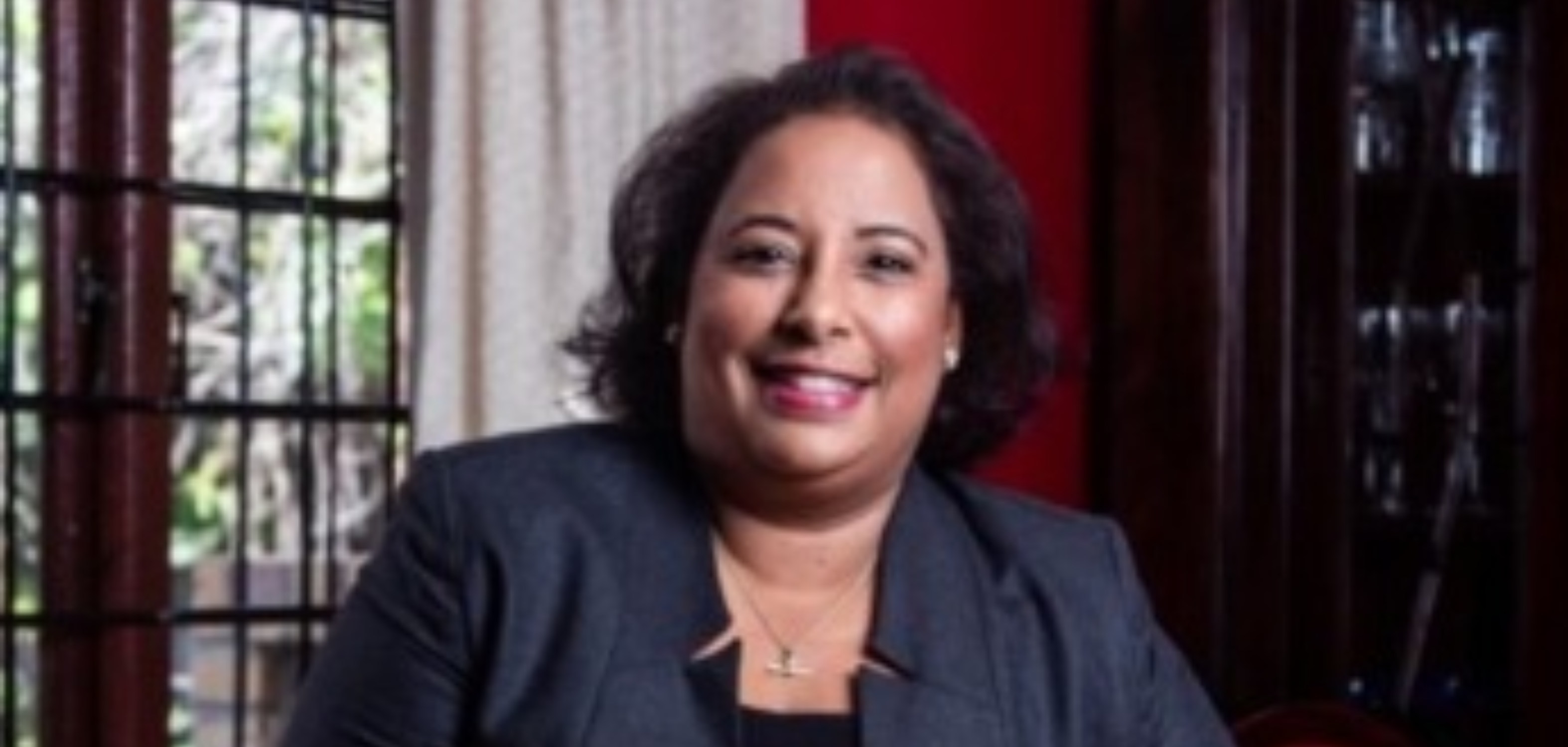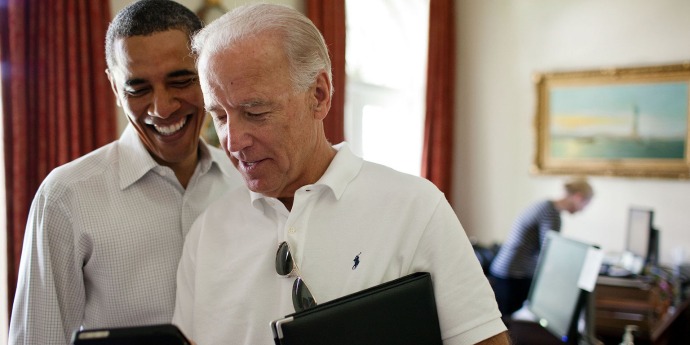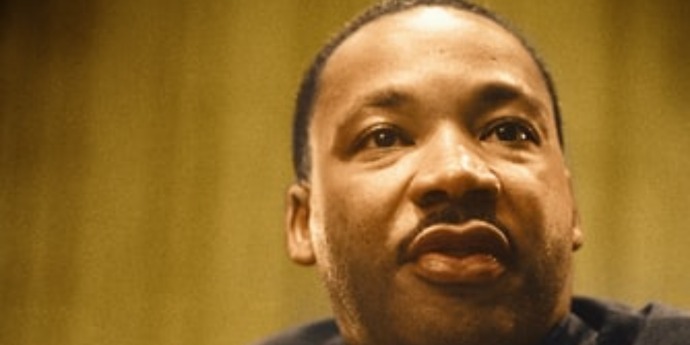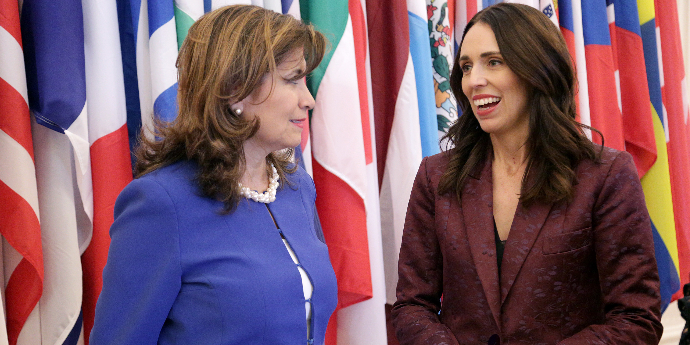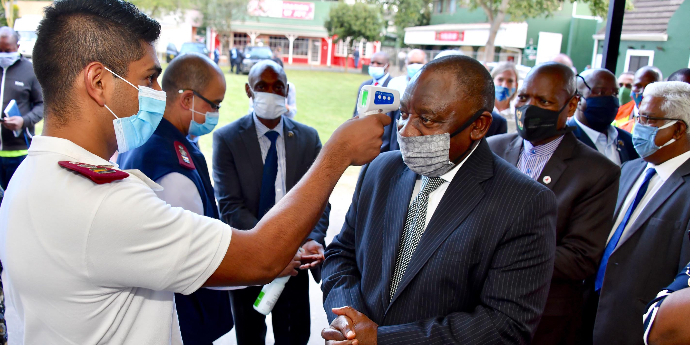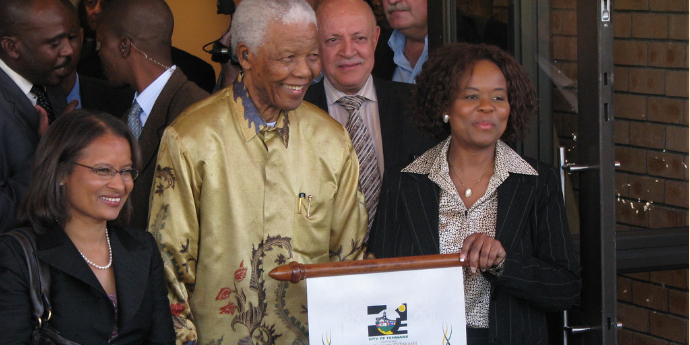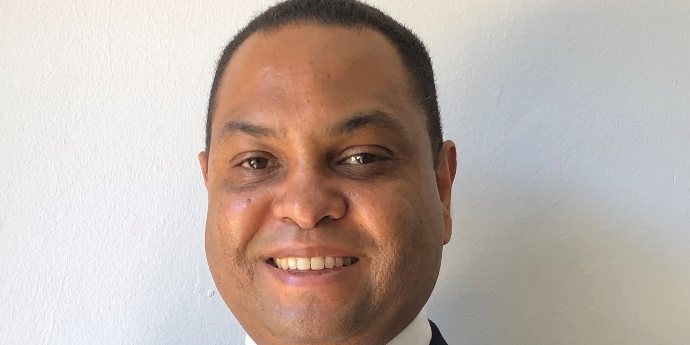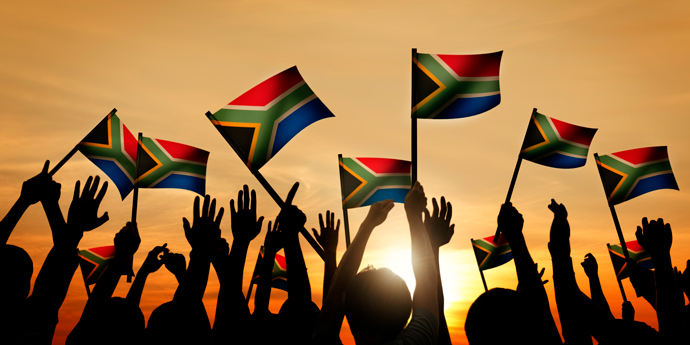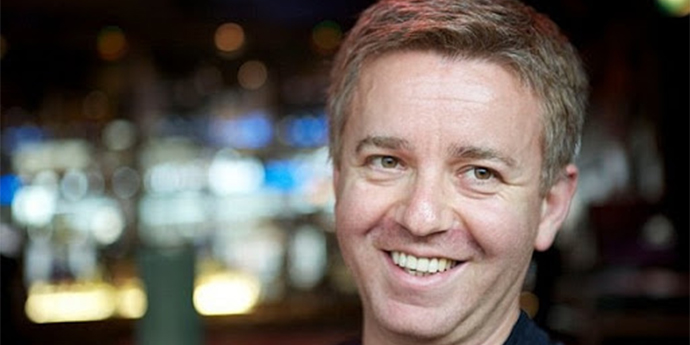Building business skills to improve livelihoods is increasingly recognised as bringing value to the fight against poverty. But it can also set up identity conflict, erode cultures and undermine relationships, unless care is taken to help people make the transition.
Up until recently, there was no word for business in the dusty, impoverished communities of Marsabit County, Northern Kenya, nor for any of its most common terms — profit, loans, savings. Instead, the pastoralists that live there had a lexicon associated with a different set of principles: mutual aid, generosity, sharing. These deeply-rooted values have shaped their sense of self and community for generations, determining both individual and collective behaviour.
But this is changing. In the past few years, the people in this region have started to grapple with a new reality — that of becoming businesspeople — as aid agencies CARE and FSD Kenya have started to work with them and help them build more sustainable livelihoods through business.
Building business skills to improve livelihoods is increasingly being recognised and promoted as a mechanism to lift communities out of extreme poverty. The logic goes that if you give people the tools they need to understand the basics of business they can become more self-confident, autonomous, resilient, and skilled at turning a profit. In short, to move from survival to success.
So far so good, but the difficulty is that in many survivalist communities such as Marsabit County, the principles of business can clash with the existing values of the community. For people with a strong collectivist identity founded on generosity and caring, the idea of an interest-bearing loan or of saving money for oneself for instance can be hard to grasp. The friction between these two identities can generate both individual turmoil and conflict in the community as people struggle to simultaneously fulfil the demands associated with both identities.
Helping people forge new identities
Fortunately, identity is not a unitary construct, nor is it static. Part of identity formation is dealing with conflicting ideas and the continued integration of new roles. What’s more this process is critical. Research has shown that the way people respond to this identity conflict will shape what type of businessperson they become — and by extension — what kind of community they co-construct.
Typically, when the collectivist identity collides with the businesspeople identity, participants choose one of three scenarios: those for whom helping neighbours in need is important prioritise collectivist identity demands and become a collectivist businessperson; those for whom the collectivist identity is less important, either go to the other end of the spectrum and become an individualist businessperson — who may refuse to help or offer a loan without clear terms and conditions — or they become more of a hybrid, the kind of businessperson that tries to find ways to meet both sets of identity demands by giving from their household supplies without touching their business stock, for example.
Understanding this dynamic is essential for building livelihood programmes that succeed in helping participants progress without severing connection to their core values or alienating fellow community members. A greater appreciation of existing identities and the identity conflict that arises with the introduction of new ideas will equip aid agencies to help people transition to fuller identities more smoothly, thus reaping the full benefits that such a transition promises.
Four elements to boost the success of livelihood programmes
To ensure greater success in such initiatives, practitioners need to focus on four elements. First, it is important to incorporate the notion of identity into the programme model. Whether intentional or not, practitioners are helping participants construct new identities through the training, mentorship, direct and indirect messages, and even through the questions they ask. Therefore, it is important to think about the types of identities they are helping participants construct, such as the businessperson identity, as well as those they are asking them to revise, such as the prevailing community member identity.
Second, before implementing a programme, take time to understand what identities potential participants already have and how these may shape behaviour on an individual and collective level. For example, look at what it means to be a member of the community, what it means to be a woman/man or a mother/father in that context, what the important religious or other related beliefs are, and at whether there is a strong collectivist or individualist culture at play. In addition, think about what tensions may arise with the introduction or reinforcement of certain identities.
Third, keep existing identities and potential identity dynamics in mind when designing and implementing a programme. A one-size fits all approach will not work. Tailoring a programme to the local identity context will help minimise resistance to new ideas and behaviours and reduce potential conflict when identities collide.
Finally, think about how to bring communities up together. Resistance to new behaviours and expectations can be exacerbated when some members of a community receive training and others do not. Community-level learning and enterprises will limit the likelihood of collective resistance to new behaviours and expectations, in-group/out-group formation, and community stratification.
For many living in the developing world, becoming a businessperson is more than a personal journey towards prosperity: it is a complex process of individual and social identity change. And while this has immense potential to help lift people out of extreme poverty by building more sustainable livelihoods, attention needs to be paid to the inherent difficulties of such a transition. There’s greater potential to make it work if prevailing identities are honoured and care is taken to ensure that the entire community is respectfully included.
Jody Delichte recently completed her PhD at the UCT Graduate School of Business, where she examined how founder identities emerge and change in contexts of extreme poverty. Her study followed 51 participants of the FSD Kenya and CARE building livelihoods programme in Marsabit County, Northern Kenya from May 2016 to February 2019.

